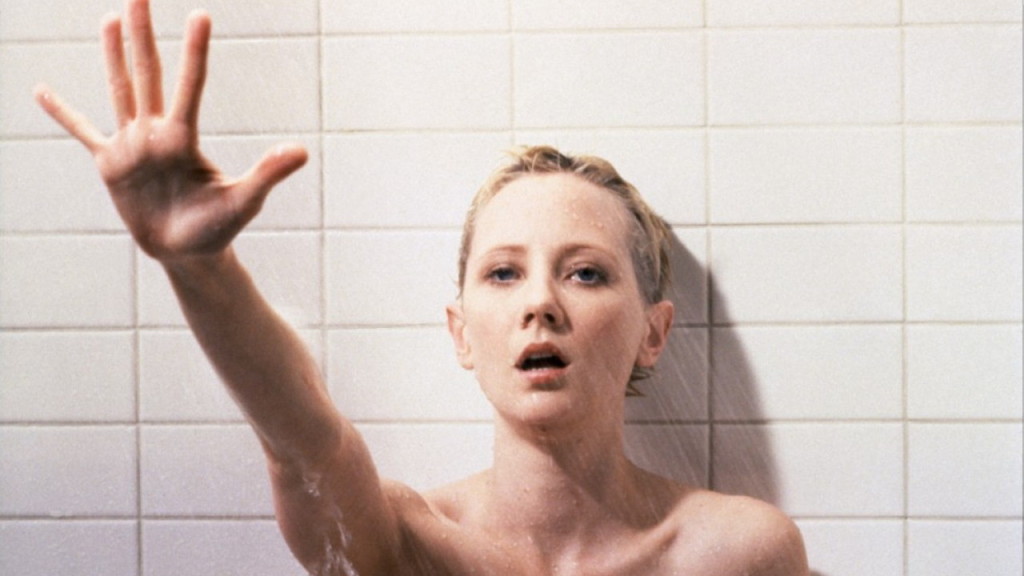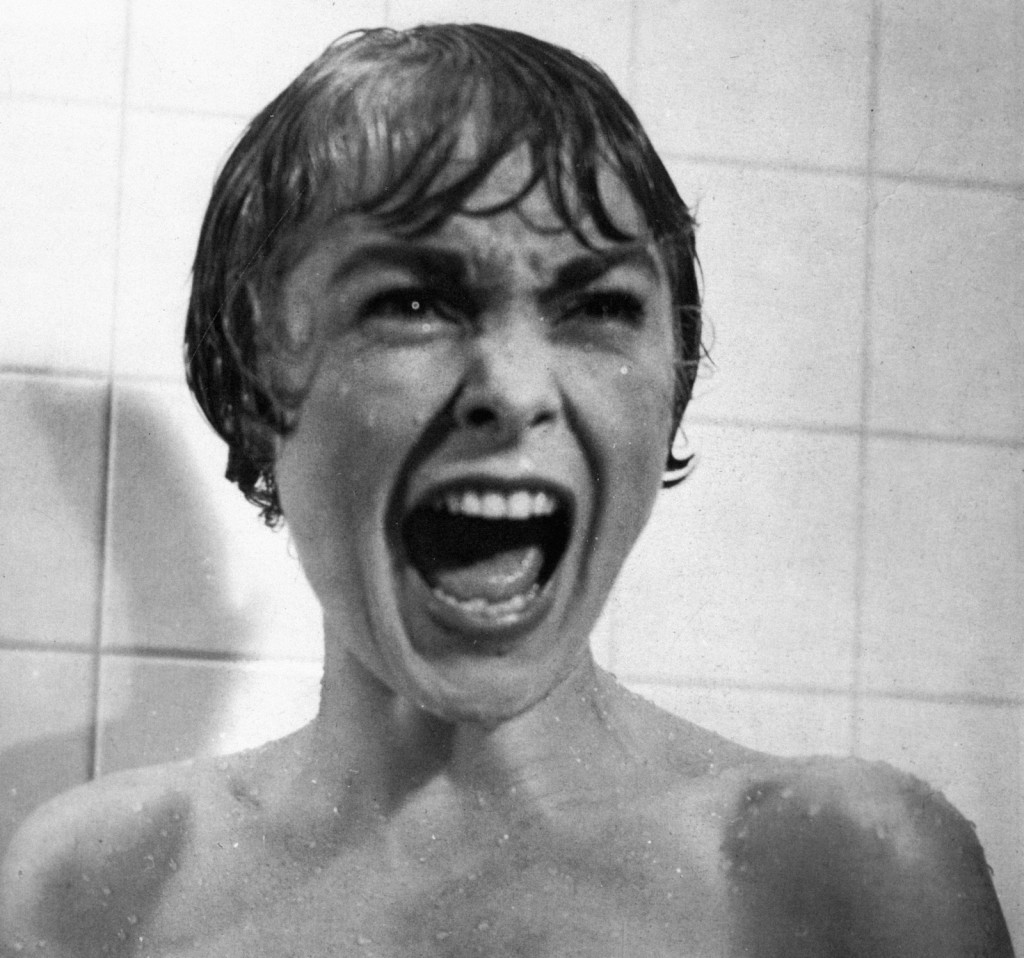In 1998 Gus Van Sant directed a nearly shot-for-shot remake of Alfred Hitchcock’s 1960 classic “Psycho”. Cameron Johnson thinks the remake was terrible, but at the same time is kind of glad it exists.
Alfred Hitchcock’s Psycho, widely considered one of the best horror films, and films in general, of all time, was notable for its creative cinematography, complex and shocking plot (even by today’s standards it’s pretty surprising), and excellent performances. When it came out in 1960, it was a revelation, moving people in ways they’d never been moved by cinema before, and earning substantial critical and financial success.
Psycho was been a major influence on filmmakers around the world since its release, and was one of the most recognizable and culturally influential works of art of the past century. It was so influential, in fact, that in 1998 acclaimed director Gus Van Sant (Good Will Hunting, Milk) attempted the impossible - a shot-for-shot remake of the original that would attempt to capture the essence of Hitchcock’s classic and update it for modern audiences. Inevitably, the experiment failed, and Psycho 1998 remains one of the most fascinating - and important - failures in the history of cinema.
 Almost everything about Van Sant’s remake, from the opening credits to the dialogue (apart from a few modernized words here and there) to the exact timing of shots and editing, is identical to the original. The only major differences between the two films is that the remake is in color, has a different cast and crew, and is absolutely, completely awful. That it sticks so close to the masterful original and yet is so terrible is what’s most fascinating about the remake. Our eyes are just as glued to Van Sant’s effort as they were to Hitchcock’s, but instead of being interested in seeing what surprises will be around the corner, they’re searching for the next flaw, the next mistake, the next cringeworthy attempt to revitalize an already sacred artifact for a modern audience already indirectly influenced enough by the original to need a second dose.
Almost everything about Van Sant’s remake, from the opening credits to the dialogue (apart from a few modernized words here and there) to the exact timing of shots and editing, is identical to the original. The only major differences between the two films is that the remake is in color, has a different cast and crew, and is absolutely, completely awful. That it sticks so close to the masterful original and yet is so terrible is what’s most fascinating about the remake. Our eyes are just as glued to Van Sant’s effort as they were to Hitchcock’s, but instead of being interested in seeing what surprises will be around the corner, they’re searching for the next flaw, the next mistake, the next cringeworthy attempt to revitalize an already sacred artifact for a modern audience already indirectly influenced enough by the original to need a second dose.
The main problem with Psycho 1998 is that misses the point as to what made the original so fresh and so effective. Not only were Hitchcock’s directorial techniques highly manipulative and innovative, but they were suited to a story written for its time, and to the actors Hitchcock used. Vince Vaughn (replacing Anthony Perkins as Norman Bates) and Anne Heche (replacing Janet Leigh as Marion Crane) aren’t bad actors in their own right, but in Psycho 1998 they seem to be merely reciting the original dialogue, attempting to imitate rather than embody. Since the shots have barely been edited and the script only differs by a few words, the actors aren’t given the space to become their characters, to add a facet to them we haven’t seen before. Psycho is literally famous for how much it surprised people, yet Psycho 1998 completely destroys any potential element of surprise by doing everything the exact same way as the original.
 Of all scenes, the iconic shower scene, a scene pretty much every human being with access to a television has seen referenced somewhere, feels the most murdered (pun intended) in the remake. The addition of color is enough to spoil the scene; Hitchcock chose to film in black-and-white partly to take the focus off of the blood and onto the murder itself.
Of all scenes, the iconic shower scene, a scene pretty much every human being with access to a television has seen referenced somewhere, feels the most murdered (pun intended) in the remake. The addition of color is enough to spoil the scene; Hitchcock chose to film in black-and-white partly to take the focus off of the blood and onto the murder itself.
Admittedly, a lot of that was down to fear that the audiences of the day couldn’t stomach it, which was hardly a problem four years after Pulp Fiction, but for reasons difficult to explain a lot of the mystery the scene, and, weirdly, the shock value, is lost when we can see a scene we’ve seen thousands of times in black-and-white in full color. It adds an extra dimension that actually opens our minds more than is necessary. With this kind of film, we want to feel manipulated, not like we’re in control, and there are few if any aspects of Psycho 1998 that encourage us to get lost in its world as opposed to analyze its comparisons with the original.
Psycho 1998 is a bad remake because it totally disregards the element of surprise that made the original great, and brings nothing new to the table. Remakes are supposed to make classic accessible for a younger generation, but there is nothing about Psycho 1998 that modernizes the story apart from the superficial. The narrative of Psycho was believable enough for 1960, but by 1998 a lot of the aspects (case in point: a guy gives Marion $400,000 cash to put in the bank) were beyond implausible to the point of being laughable.
Despite all this, I’m kind of glad Psycho 1998 exists. Gus Van Sant proved something with it, specifically that shot-for-shot remakes are a pointless and unnecessary way of honoring a classic. Remakes can work, but they need to bring something new to the story. Changing a few words isn’t enough; remakes need to find new tones to the story, new layers to the characters, and new locales for them to explore. Psycho 1998 survives as the prime example that imitation is about as sincere a form of flattery as killing someone in the shower because you’re too attracted to them.






